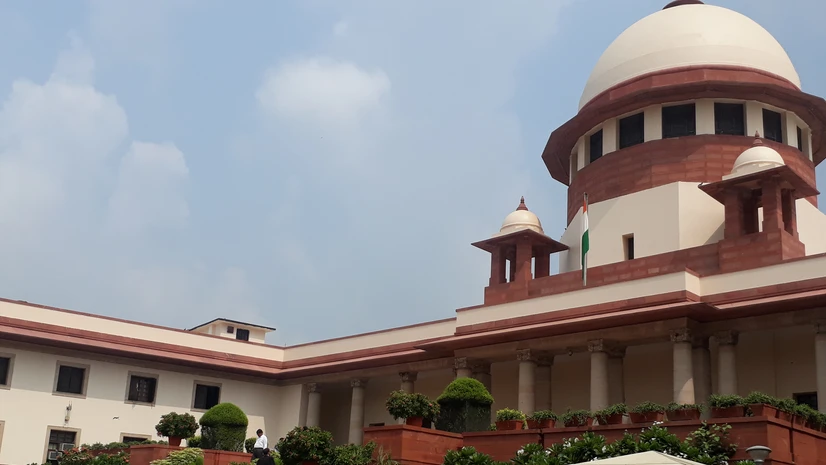The Supreme Court on Monday said that a bail condition requiring an accused to share their Google Maps pin location for the investigating officer to access their location violates the person's right to privacy.
A bench of Justice Abhay S Oka and Justice Ujjal Bhuyan said there cannot be a bail condition that enables the police to constantly track the movements of the accused and 'peep into the privacy of the accused.'
"There can't be a bail condition defeating the very objective of bail. There can't be a bail condition enabling the police to constantly track the movement of the accused and virtually peep into the private life of the accused," the bench said.
The judgment comes on the heels of the Delhi High Court's conditions for granting interim bail to Frank Vitus, a Nigerian national accused in a drugs case.
The High Court in 2022 had ordered the accused and a co-accused to place a pin on Google Maps so their whereabouts would be visible to the investigating officer. The court also told the accused to obtain a certificate from the Nigerian High Commission confirming they would not leave India and would appear before the trial court.
While hearing the matter, the apex court had asked Google India to explain the functioning of Google PIN requiring the accused to share their live mobile location with the officer.
Additional Solicitor General Vikramjeet Banerjee for the Narcotics Control Bureau (NCB) had then argued that such a condition helps share the live location of the accused. However, Justice Oka disagreed, emphasising that it cannot be a bail condition, even if it has been used in two instances by the court.
More From This Section
The court also relaxed a bail condition that required the foreign accused to obtain an assurance from his embassy that they would not leave India. The bench said that there cannot be bail conditions that defeat the purpose of granting bail.

)